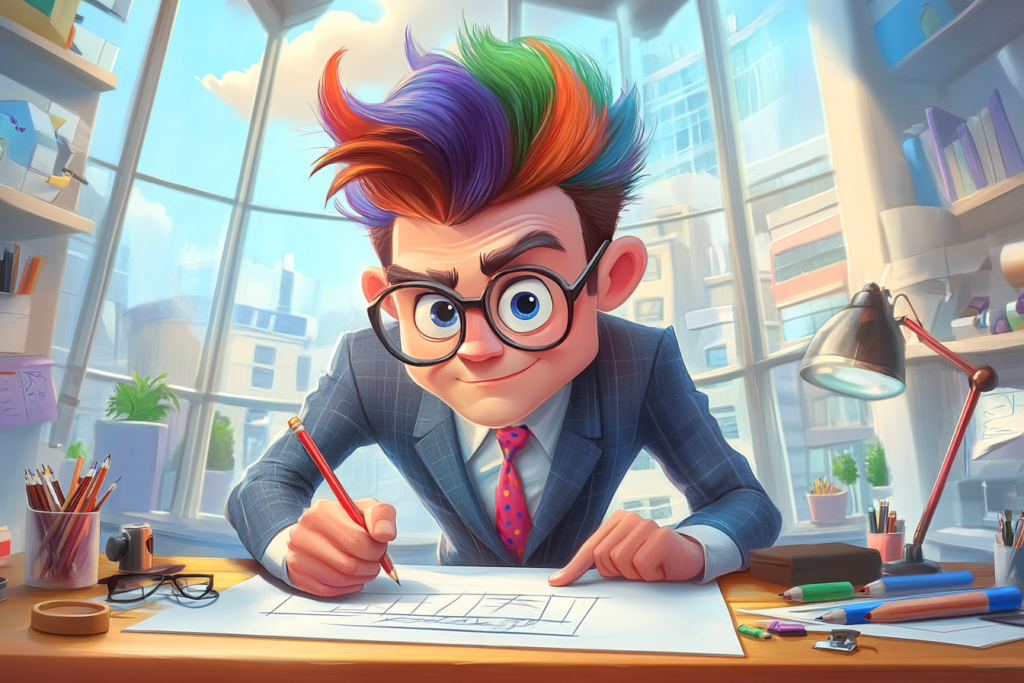
The first time I saw a Dyson Cool, I had a strange reaction.
The tall bladeless fan looked alien enough to seem innovative, but familiar enough that I could imagine using it. That perfect balance was very deliberately achieved.
And turns out, I quite like the one we have.
Industrial design legend Raymond Loewy called this the MAYA principle: Most Advanced Yet Acceptable. It’s the sweet spot where products push boundaries without triggering rejection. (I talk about it and Loewy’s game-changing designs in Chapter 19 of I Need That, titled Need vs. Resistance.)
Your tank brain craves novelty but fears the truly unfamiliar: we’re at once neophilic and neophobic.
Fisher-Price mastered this balance with its Laugh & Learn Smart Stages technology. The toys look like traditional baby items, but contain adaptive tech that evolves as the child develops. (Hence the “stages.”)
Parents who might reject blatantly digital toys embrace these because they maintain the comfort and aesthetic of classic designs.
The automotive world offers perfect examples. The Rivian electric trucks maintain familiar pickup proportions and capabilities while introducing revolutionary storage (the gear tunnel) and interfaces. They didn’t try to reinvent what a truck looks like (unlike some competitors) — just what it can do.
Even food innovation follows this principle. Impossible Foods spent years making sure their plant-based meat sizzled, “bled,” and browned exactly like beef. They knew mainstream consumers would reject something that behaved differently during cooking, no matter how similar the final taste.
Your product’s innovation threshold matters:
- Too familiar = “Why bother changing?”
- Too advanced = “This makes me uncomfortable“
- Just right = “This solves my problem in a better way“
Action for today: Rate your product on the MAYA scale. Or better yet, have more a few strangers rank it against competing options, without knowing one is yours. Are you pushing far enough to create excitement WITHOUT triggering rejection? The most successful innovations don’t even feel like revolutions. They feel like natural next steps.
Need help finding your innovation sweet spot? Let’s talk about balancing advance with acceptance — tap reply or go to Graphos Product to learn more about what we do around here.
Laurier
Product Payoff: The team at Tonal spent three years refining their wall-mounted strength training system. Early prototypes featured exposed mechanical components that testers found intimidating. The final design hides all complex machinery behind a sleek panel that resembles a TV — something already accepted in home spaces. Sales tripled after this MAYA-inspired redesign.
